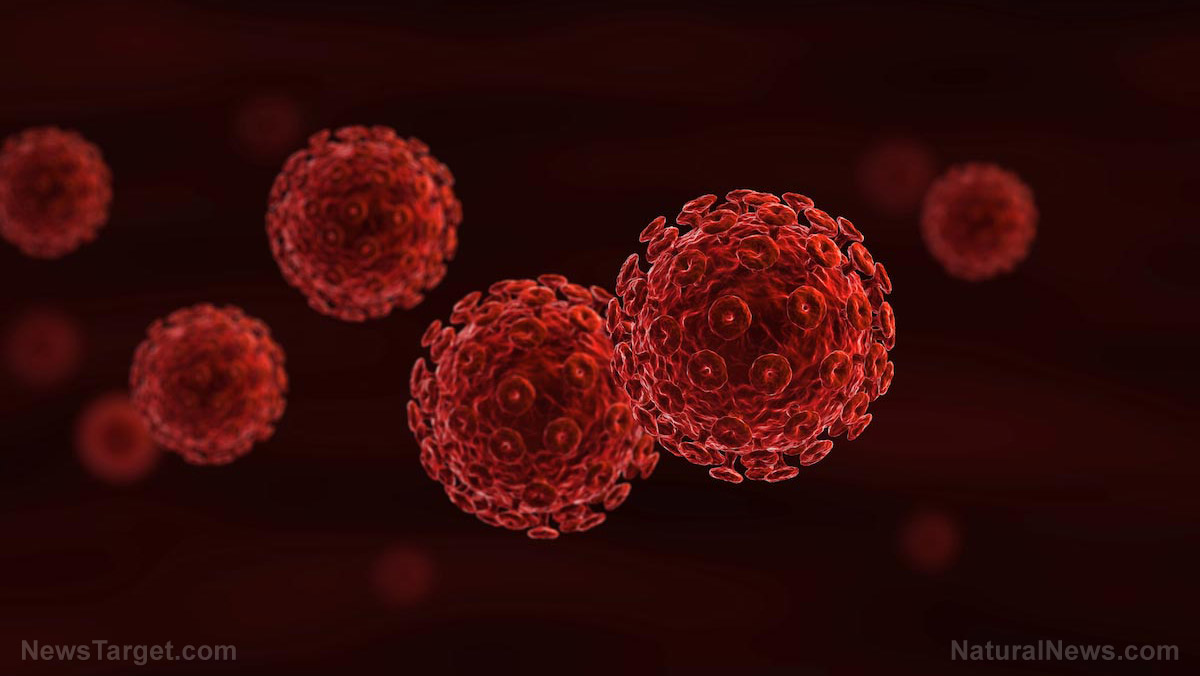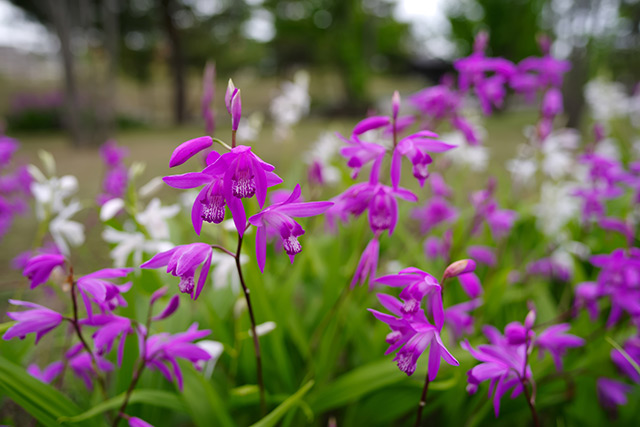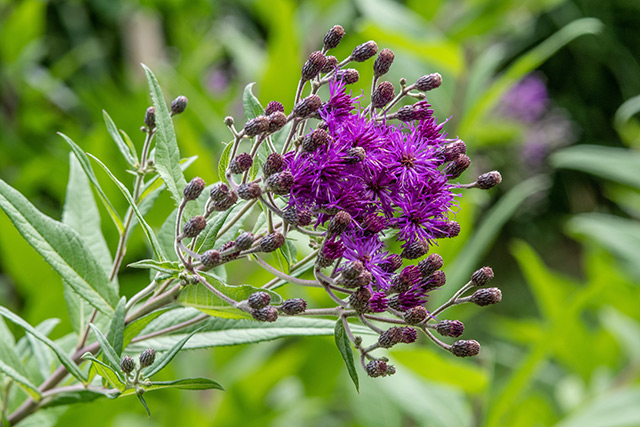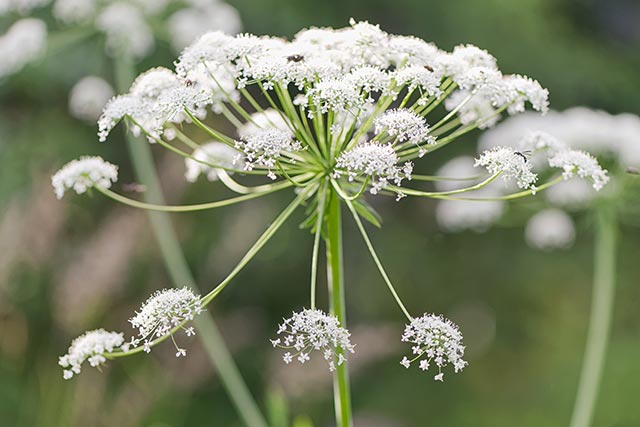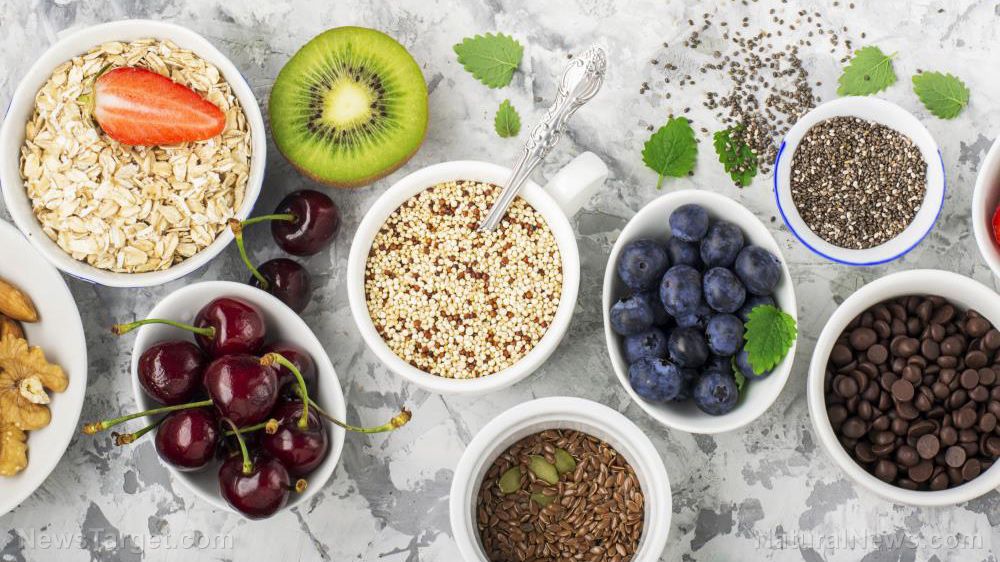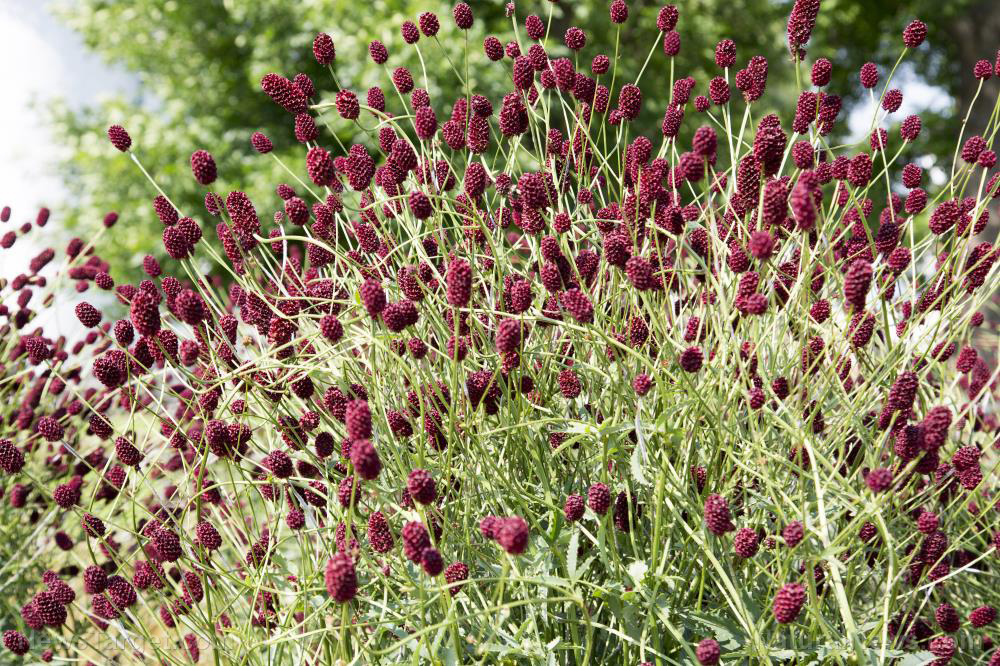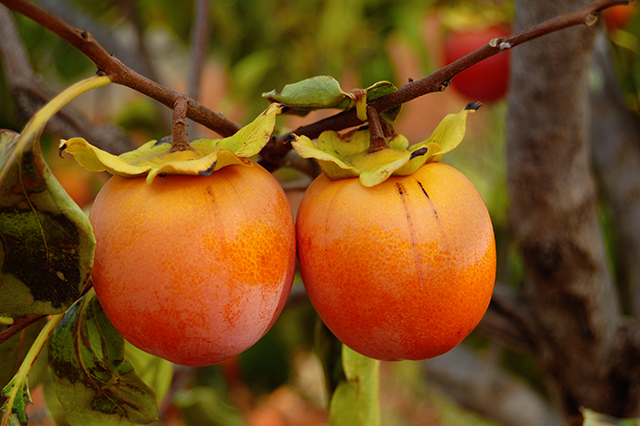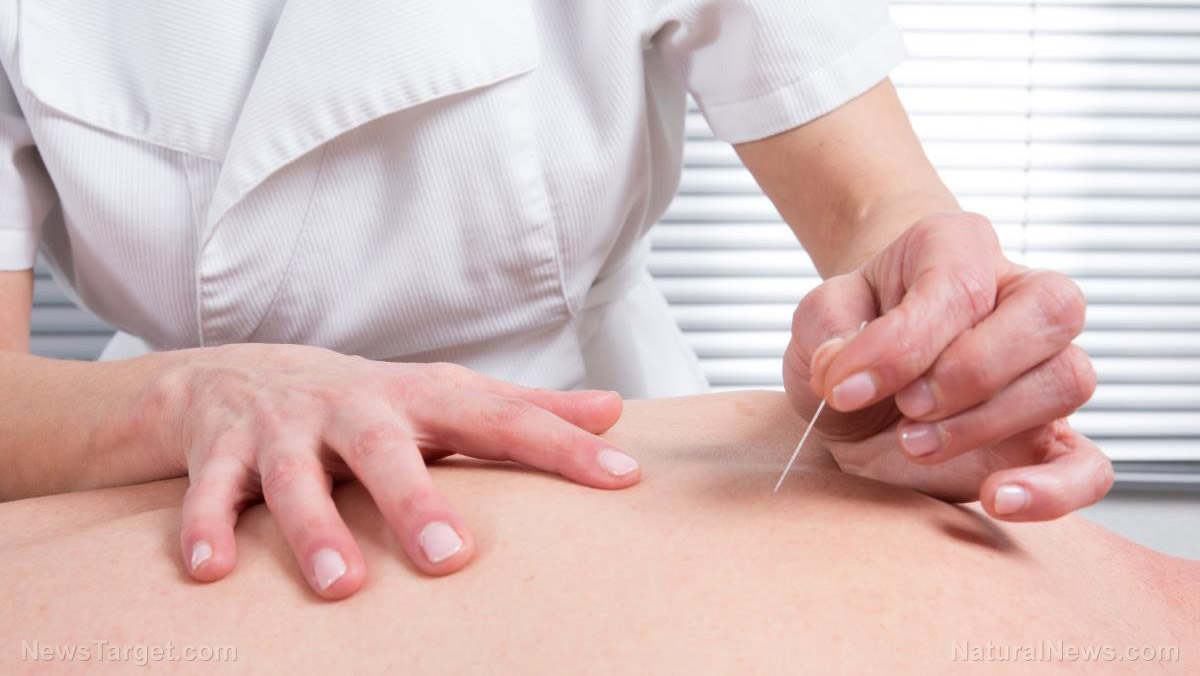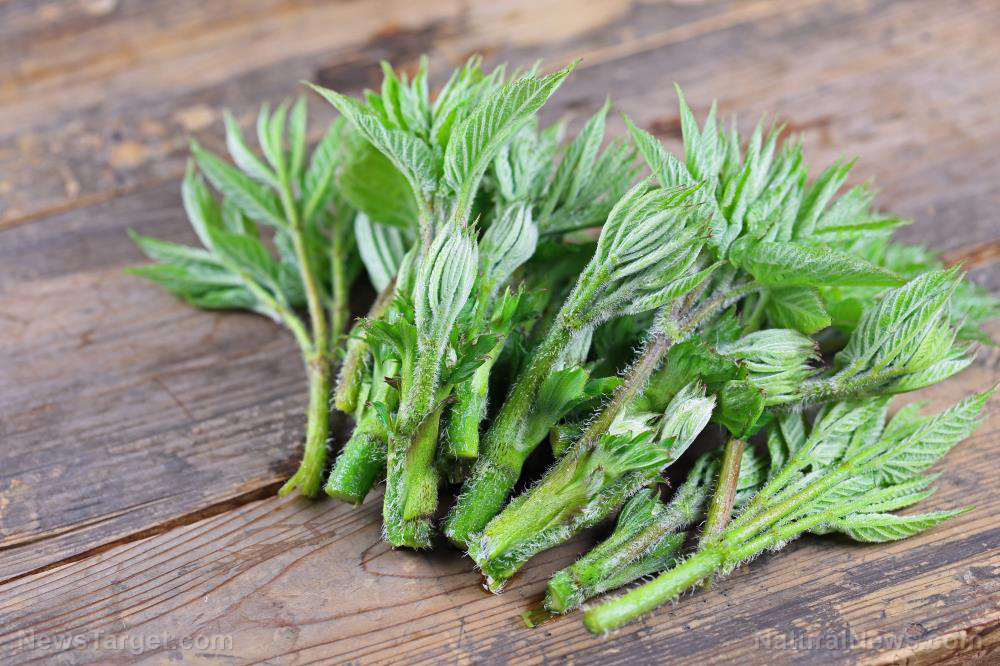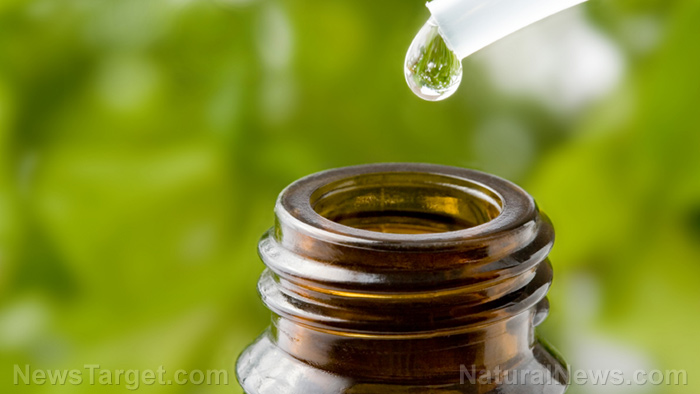Have dandruff? Try these natural remedies
12/04/2018 / By Zoey Sky

If you’re suffering from dandruff, it can be tiring to deal with the non-stop shower of white flakes on your clothes. But instead of reaching for a bottle of anti-dandruff shampoo, which may have harsh chemicals that can irritate your skin, try some of the natural dandruff remedies listed below.
What is dandruff?
Dandruff is a skin condition that makes your scalp itch and makes your scalp shed white flakes made up of dead skin cells. Dandruff can be caused by a naturally occurring yeast-like fungus called Malassezia that thrives on the scalp. This fungus irritates your scalp and causes more skin cells to grow, which then causes dandruff.
This is a common skin condition and, aside from an itchy scalp and flakiness, dandruff can cause other symptoms like greasy patches on the scalp and tingling skin. Underlying causes of dandruff include dry skin, seborrheic dermatitis, and sensitivity to hair products.
These natural remedies can help prevent dandruff or address its symptoms.
- Add tea tree oil to your shampoo – Shampoo with a tea tree oil mixture or add tea tree oil to your shampoo. Tea tree oil has antibacterial, anti-fungal, and antiviral benefits, and it can prevent further growth of fungus in your scalp. The oil is also full of antioxidants that can eliminate flaky dandruff and restore the natural oils in your hair.
- Apply lemon juice – Use a cotton ball to apply lemon juice to your scalp. Let the juice stand for 20 minutes, then rinse it with water. Do this daily until your dandruff is gone. Lemon is acidic and it can help balance the pH of your scalp.
- Change your dietary habits – Following a proper diet can help keep your scalp and hair healthy. Eat fruits, green leafy vegetables, and foods full of biotin, omega-3 fatty acids, and proteins. You can also increase your intake of foods that contain zinc like beans, chicken, chickpeas, dark chocolate, lean beef, roasted pumpkin, and sesame seeds.
- Don’t blow-dry your hair – Using a hair dryer can aggravate dandruff. Unless you’re in a hurry, let your hair dry naturally, or use the lowest setting on a hair dryer.
- Don’t use too much oil – Applying oil on your scalp can prevent moisture from entering your skin and block your hair follicles. This can cause the formation of dandruff flakes. Since fungus on your scalp needs fats or oil to thrive, applying oil gives it a favorable environment to thrive in.
- Dry your hair gently – Don’t rub your head vigorously after washing your hair. Gently pat your hair with a towel to dry your hair.
- Hot towel therapy – Soak a towel in some hot water for several seconds, take it out, then wring out any excess water from the towel. Wait for a couple of minutes until the towel becomes warm enough that it doesn’t burn you, then cover your head with the towel for around 15 to 20 minutes. Remove the towel once it’s no longer warm. (Related: Home Remedies for Dandruff – Top 10 Most Effective Treatments.)
- Wash your hair twice a week – A healthy scalp has a natural balance of oils, and washing your hair every day disturbs this balance. After you wash your hair, the body will generate sebum (oil) to restore the balance, but this makes your hair oilier. To avoid this, wash your hair twice a week. When washing your hair, wet it with some lukewarm water and shampoo it. Use your fingertips to apply the shampoo, massage it onto your scalp, and let it sit for a minute or two before rinsing with cold water. Using cold water closes your scalp’s pores and hair follicles, and this prevents dirt from entering your scalp.
- Keep your hair and scalp clean – Harsh weather and pollution can worsen dandruff. Protect your hair and scalp by wearing a cap or using a scarf or an umbrella if you’re going outside. Excess sweat may build up in your hair after you exercise or when the weather is hot, so dry your hair properly. Never share your comb with other people, and regularly clean your combs and hairbrushes.
Natural is the way to go. These remedies help prevent dandruff or manage its symptoms without the use of store-bought hair care products that contain harmful chemicals.
Sources include:
Tagged Under: Cosmetics, dandruff, dry scalp, fungal infection, hair care, itchy scalp, Lemon juice, Malassezia, natural ingredients, natural products, natural shampoo, oily scalp, Personal care products, prevention, remedies, skin care, Tea Tree Oil



